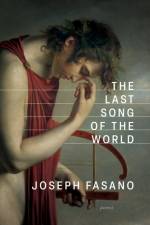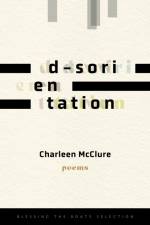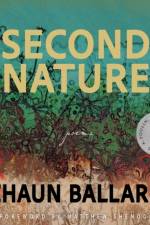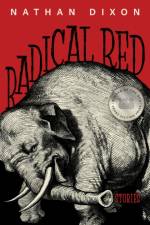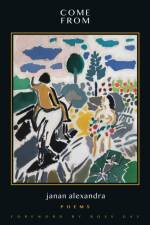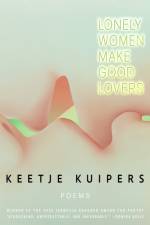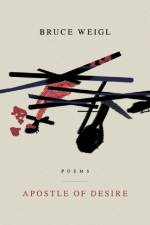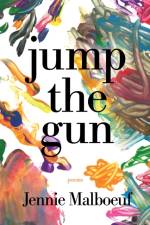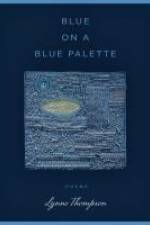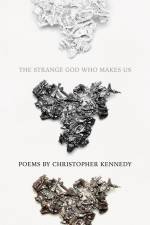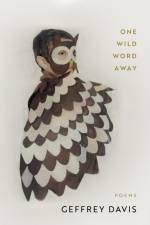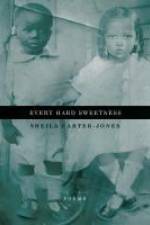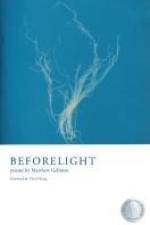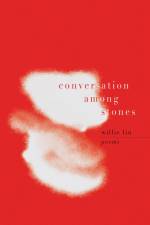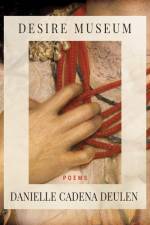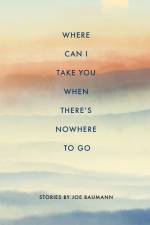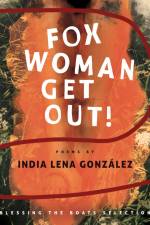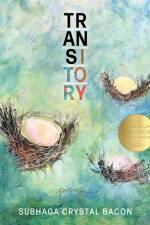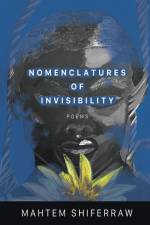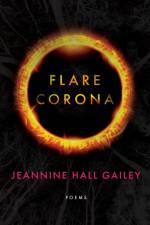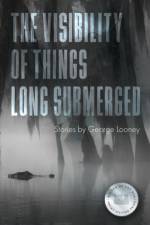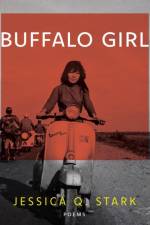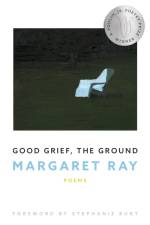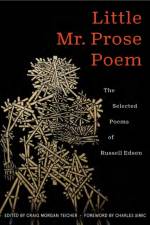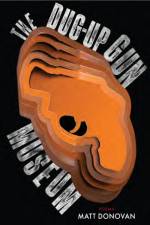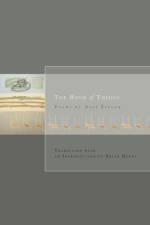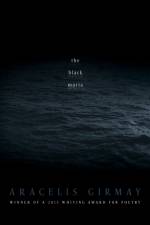av Mahtem Shiferraw
187
"Through a lens simultaneously historical and political, Mahtem Shiferraw attends to personal and collective experiences of migration, motherhood, and immigration's complicated notions of home. In Nomenclatures of Invisibility, Shiferraw calls us to carve out space for the multitudes of selves we carry when we migrate across boundaries of body, language, and state. Through a decolonial poetics, giving name to everything in her path from the Italian colonization of Eritrea (and failure to colonize Ethiopia) to her beloved eucalyptus tree, she blurs physical and temporal borders, paying homage to ancestors past, present, and future. Shiferraw writes unapologetically against erasure, against invisibility, instead creating a space that holds grief lovingly, that can tend to the wounds held and held in the endlessly-traveling body. Brilliant with abundance and texture, Shiferraw's poems dismantle the empire's sterility of language, both historical and present. In Nomenclatures of Invisibility, Mahtem Shiferraw builds a home within her poems, attentively naming those who exist within them out of invisibility and into the radiant light: "We walk in unison too: our backs bending at once,/ our arms breaking, our abdomens kicked into silence, thighs bleeding. Through this I ask; am I still lit? And they, again...what else would you be-""

